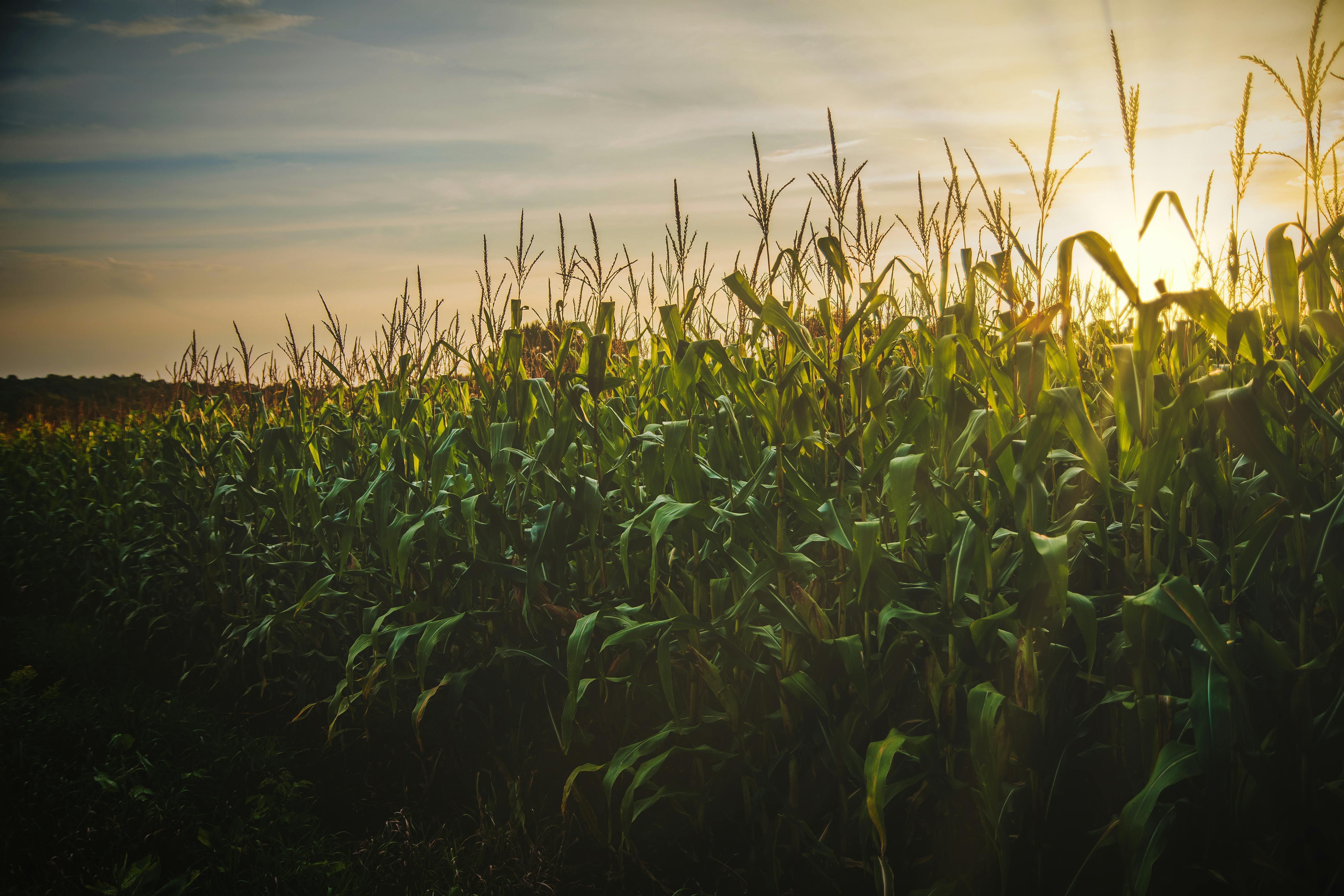What’s an organic producer supposed to do, or where can he turn when the lurking specters of pneumonia, shipping fever, mastitis, elevated somatic cell counts, and other infectious disease attack his herd? If he doesn’t have the old standby drugs at his disposal, does it mean he’s already “sunk” before the battle starts? Well…he’s not actually a sitting duck always waiting for the storm to burst upon him. Many herds with a focus on pasture, good nutrition, and “stress-free” environments for their animals already have a much lower incidence of disease. However, it is encouraging to know that the organic sector does have many effective weapons at hand when these challenges arise. Dr. Paul Aloe Pellets, also commonly known as kelp aloe pellets, are one of these powerful weapons in the natural / organic producer’s arsenal. They can be supplemented orally to ruminants that may be dealing with any variety of infectious diseases. These pellets are especially effective with respiratory issues in calves and heifers. Coughing animals, perhaps with a nasal discharge, are not uncommon with the fluctuating temperatures of spring and fall; as well as the cold drafts and potential of poor air quality sometimes associated with wintertime housing.
Many conventional producers have found Aloe Pellets to be a superb replacement for Aureomycin crumbles which have become heavily regulated. Antibiotics, in general, go after the “bad bugs” with a “big shotgun”, destroying many good organisms in the body in the process. The superior effectiveness of Aloe Pellets results from triggering and empowering the animal’s natural immune system. The synergy of kelp, aloe, garlic and other ingredients in these pellets has proven to be a very effective disease-fighting package.
Kelp, dried seaweed, is a great source of nutrition, boosting the natural defenses of the body. The immune system uses the 60+ vitamins, minerals, and other phyto-nutrients to ward off attacking pathogens.
Aloe Vera has long been known as an immune modulator…putting the body’s defenses on “high alert”, and mustering them to fight the invading “enemy”. Aloe is also very effective at helping to heal/recondition the epithelial tissues in the gastro-intestinal tract. This is the “nerve center” of the immune system.
Garlic has been shown by researchers to have excellent antimicrobial / “antibiotic” properties, helping in the battle against the “bad bugs”.
Alfalfa meal and molasses in the pellet package make them very palatable as a supplement for most animals.
Feeding rates and intervals for Aloe Pellets are as follows: 2 oz. of pellets per 100 lbs. of body weight per day, for 10-14 days, with a maximum adult dosage of 10 oz. per day. For prevention of shipping fever, caused by exposing animals to a new herd or environment, it is best to begin this supplemental treatment 3 days prior to the move/change. For treatment of high SCC levels in dairy herds, caused by underlying udder infections, a longer treatment period may be necessary. Many producers have found that feeding Aloe Pellets at a half-rate preventive/supportive level for the duration of a known stress or “less-than-ideal” environmental condition can be very effective in preventing disease outbreaks.
As with any natural “treatment” products, early disease detection and consistent treatment will increase the effectiveness of Aloe Pellets. Minimizing stress factors on the animals, fixing root cause issues, and focusing on good feed and water quality and nutrition is always better than relying on after-the-fact treatments. However, the team at Dr. Paul’s Lab has given us many of these natural products to increase the overall health, vitality, and productivity of our farms.
